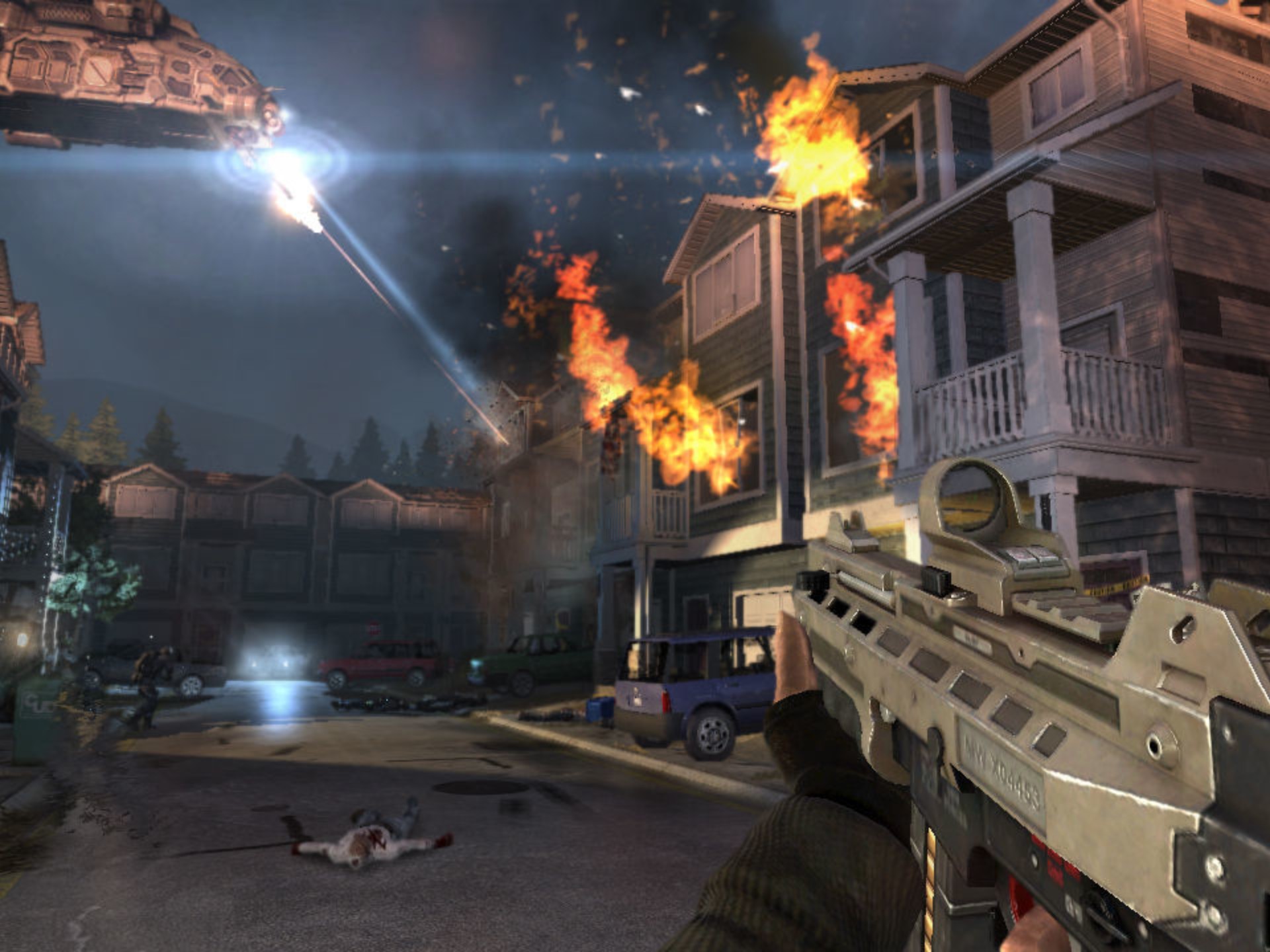Title: The Unseen War: How Deep Game News and Insider Leaks Are Reshaping the Industry
The video game industry, a behemoth of entertainment valued at over $200 billion, thrives on anticipation. From the first cryptic teaser to the final launch trailer, the carefully orchestrated marketing cycle is designed to build hype, foster speculation, and ultimately, drive pre-orders. Yet, beneath this polished surface, a shadow war rages. A conflict between multi-million dollar corporations and a relentless digital underground, where Deep Game News and insider leaks constantly threaten to expose secrets years before their intended reveal. This is not just about spoilers; it’s a complex battle that is fundamentally reshaping how games are developed, marketed, and consumed.
The Anatomy of a Leak: From Whistleblowers to Data Mines
The term "leak" encompasses a wide spectrum of information breaches. On one end, there’s the classic insider leak. This often involves a disgruntled employee, a passionate developer sharing too much with the wrong person, or a QA tester breaking a strict NDA (Non-Disclosure Agreement). These leaks can be incredibly detailed, providing documents, early build footage, or intimate knowledge of development troubles. The motivations are varied: a desire for clout on forums like ResetEra or 4chan, a misguided attempt to "hold a company accountable," or sometimes, simple carelessness.
On the other end lies the more technical, and increasingly common, method: data mining. This occurs when a company releases a playable demo, a beta test, or even a full game client for a pre-load. Skilled data miners then dive into the game’s code and asset files, extracting everything from unreleased character models and hidden level maps to text strings hinting at future DLC or story twists. Games like Fortnite and Genshin Impact have entire communities dedicated to mining every update, turning what should be surprises into expected, scheduled content.
A more recent and disruptive phenomenon is the comprehensive hack. The infamous cyber-attack on Capcom in 2020 and the massive NVIDIA GeForce Now leak are prime examples. These weren't just leaks about one game; they were digital treasure troves, exposing release windows, development budgets, and the existence of unannounced sequels and remakes for years to come. The scale of these leaks is so vast that it forces entire studios to change their long-term strategic planning.
The Domino Effect: Consequences for Developers and Players
The immediate impact of a major leak is a public relations nightmare. Marketing plans, often mapped out years in advance, are rendered obsolete overnight. The carefully crafted reveal of a new Elder Scrolls or Grand Theft Auto title is one of gaming’s great spectacles. A leak robs developers of that "magic moment" and the control of their own narrative.
For developers, the human cost is significant. Imagine working in secrecy for three to four years on a passion project, only to have its core concepts and unfinished assets splashed across social media to be picked apart by millions. Morale can plummet. Furthermore, leaks can create unrealistic expectations. An early, pre-alpha gameplay video often lacks the polish of a final product, leading to unfair comparisons and backlash upon the game’s official release—a phenomenon often referred to as "downgrade" criticism.

For players, the relationship with leaks is deeply paradoxical. There is an undeniable thrill that comes with accessing forbidden knowledge. It fuels discussion, theory-crafting, and community engagement. However, this comes at the expense of genuine surprise. The sheer joy of an unanticipated announcement at an E3 conference is becoming a relic of the past. Leaks can also be misleading; out-of-context information can set expectations that the final game never intended to meet, leading to disproportionate disappointment.
The Shifting Landscape: Are Leaks the New Marketing?
In a strange twist, some argue that leaks have become an unofficial, and sometimes even welcome, part of the marketing ecosystem. The weeks of fervent discussion and debate following a major leak generate immense organic buzz—the kind marketers dream of. It keeps a game’s name in the headlines without a single dollar spent on advertising.
Some companies have begun to adapt, either by leaning into the speculation or by controlling the narrative themselves. When initial details of Cyberpunk 2077 were leaked years ago, CD Projekt Red responded not with silence, but by officially releasing the leaked trailer in high quality, acknowledging the incident with a wink. This approach can mitigate damage and even build goodwill by showing a company is in touch with its community.
However, this is a dangerous game to play. Purposeful "leaks" as a marketing tactic can backfire spectacularly if the community perceives them as manipulative. The line between generating organic hype and deceiving your audience is perilously thin.
The Unwinnable War and the Future of Secrets
The battle against leaks is arguably unwinnable. As long as games are developed by large teams and distributed digitally, information will find a way out. Strengthening cybersecurity and enforcing stricter legal penalties for NDAs are necessary steps, but they are not foolproof solutions.
The future likely holds a more transparent, if less mysterious, industry. The success of early access models, where games are developed in the public eye, shows that players are eager to be part of the journey. Perhaps the solution isn't to fight leaks harder, but to evolve beyond the need for total secrecy. Strategic, controlled transparency from developers could satisfy the audience’s appetite for information while allowing studios to retain narrative control.
In conclusion, the world of Deep Game News and insider leaks is a multifaceted conflict with no easy answers. It is a force of disruption that causes genuine harm to creators but also reflects a ravenous audience demand for connection and information. It has broken the traditional marketing machine, for better and for worse, forcing the entire industry to reconsider how it guards its secrets and communicates with its players. The bombshell leak may never stop, but its impact will continue to evolve, forever changing the game before it even launches.


















